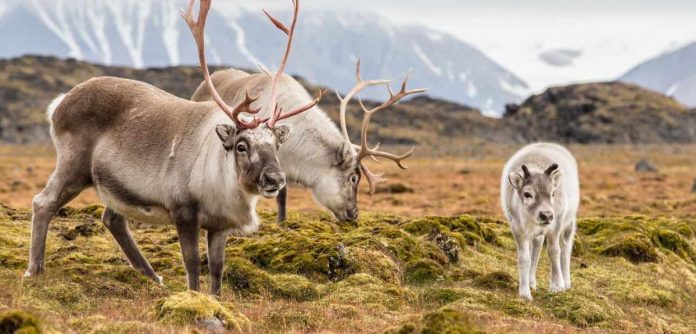Researchers at the University of Oxford, alongside international collaborators, have found that there is a significant knowledge gap in the risks posed by climate change to mammals.
In their systematic review, published in the Journal of Animal Ecology, the scientists identify that there are significant blanks about the risks to mammals in regions most vulnerable to climate change, including boreal and tropic areas.
They identify that there is currently research evaluating the effects of climate change on mammal populations for just 87 species. This represents only <1% of the rich diversity of mammals, a group that contains over 6,400 species, and for which about 25% is currently endangered. This study provides, for the first time, a key understanding of mammal responses to climate change. Their research shows that the responses of these three demographic processes - rates of survival, growth, and reproduction - are both species-specific, and often have negative, neutral, or even positive effect on different demographic processes differently. However, the severely limited available data, they say, means it is impossible to draw the much-needed generalities to develop global partnerships with governments, policy-makers, funding agencies, and NGOs to efficiently combat the effects of climate change on mammal species worldwide. Dr. Rob Salguero-Gómez, from the Department of Zoology, University of Oxford, said: ‘Quite simply, we can’t protect what we don’t understand. By examining how the building blocks of any species change with the climate, we will be able to provide robust forecasts of how each individual species will fare before climate change and other man-led activities. ‘Most high-research institutions are based in temperate and Mediterranean habitats. While these habitats have got their key value, they are not currently ranked as highly vulnerable as others such as the tropics and Tundra.’ This is the first biogeographically explicit call for guided prioritisation of where research in mammal population ecology should focus. The scientists hope that this research will help shape how funding agencies, population ecologists, and managers decide to invest their limited economic support and time. The scientists say that their findings prove that researchers urgently need to seek out regions – and active international collaborations with local researchers - around the globe where the environment is going to change most. These locations may be inconveniently located and far from research institution hubs. If this approach is not possible, they suggest implementing experimental manipulations of the surrounding. Although they acknowledge that this has important bioethical considerations.















